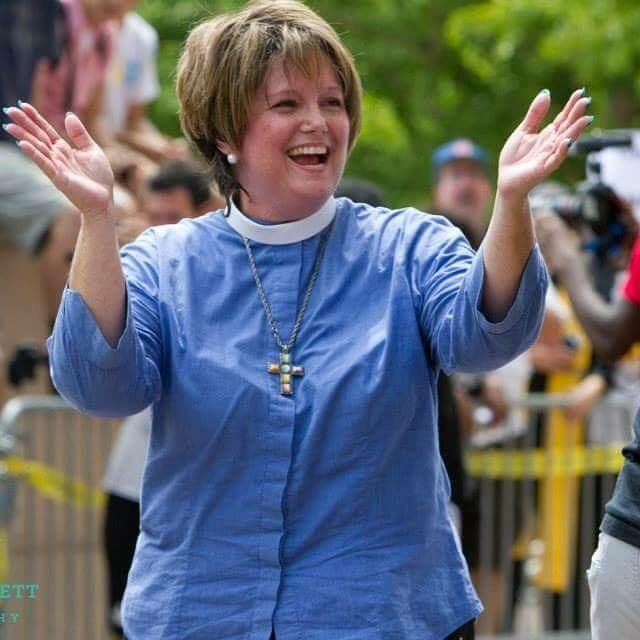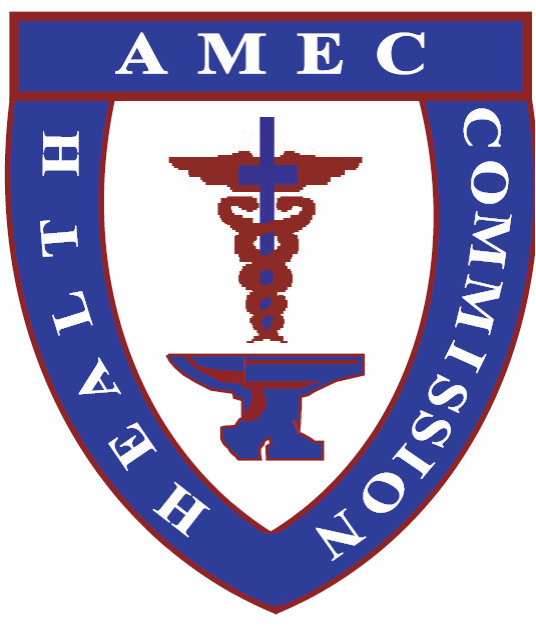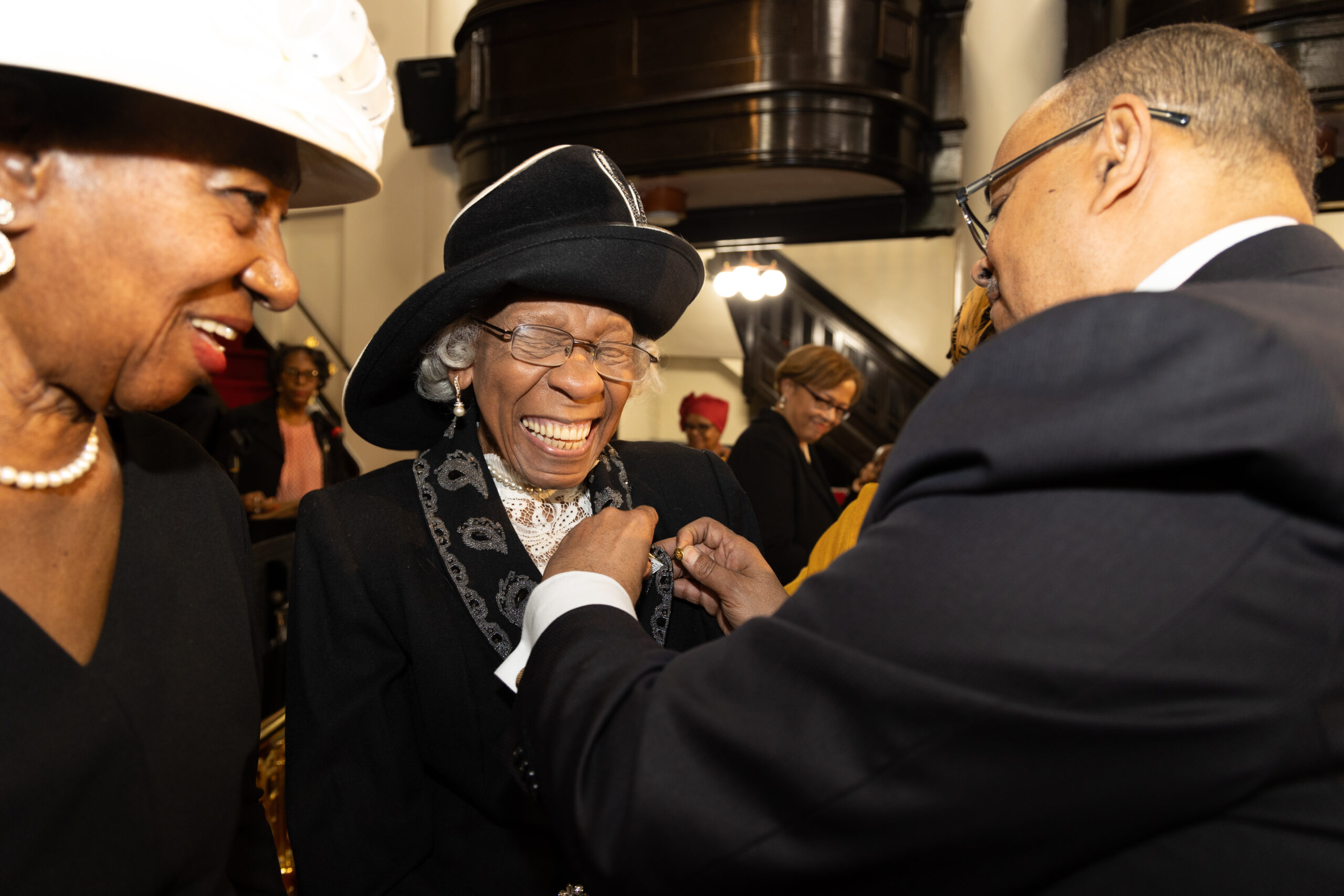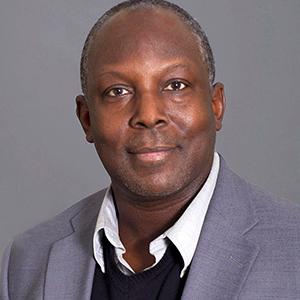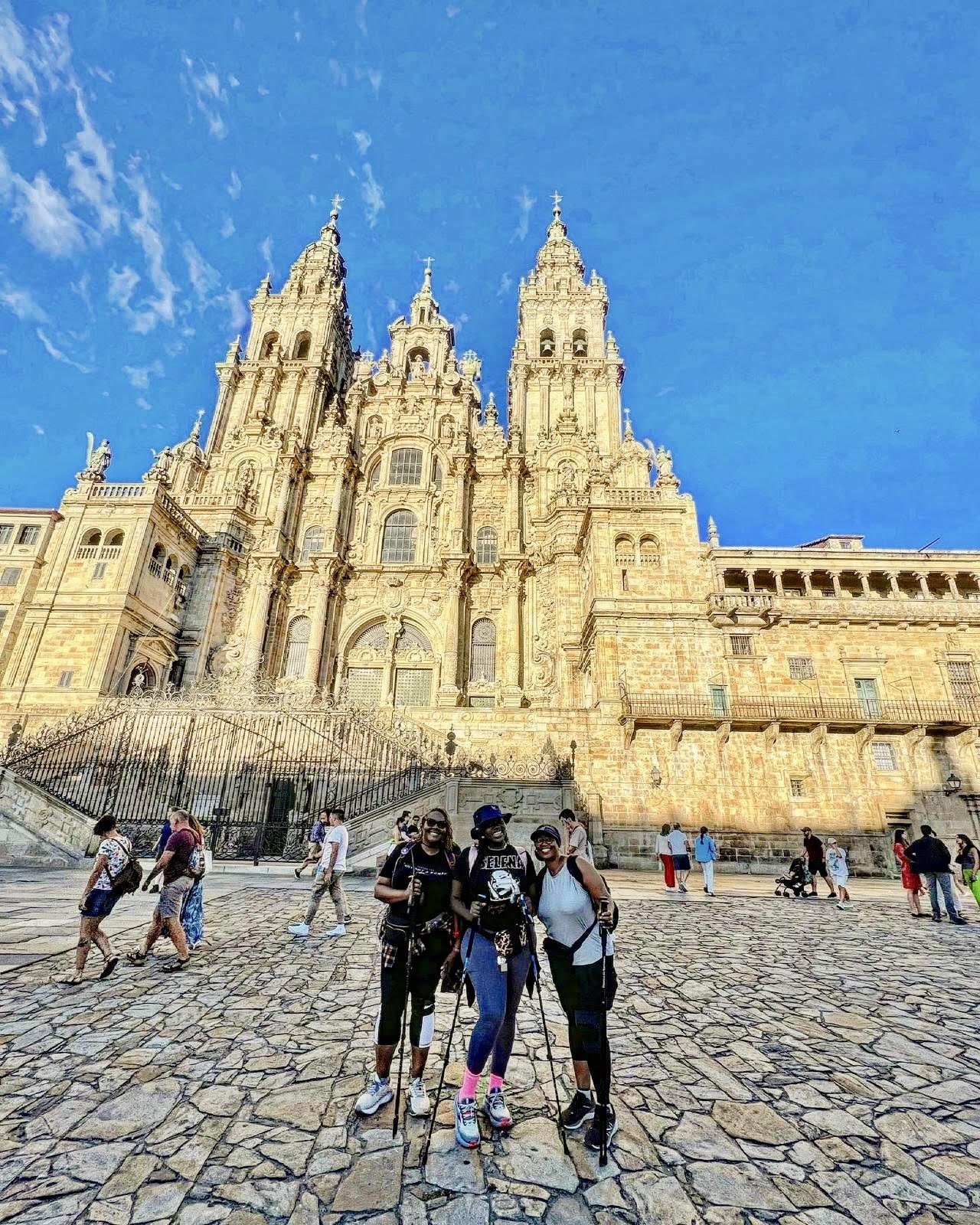Thy Kingdom Come, Thy Will be Done
Rev. Renita Green, Columnist
Under the leadership of Presiding Elder Aimee Anderson, the Columbia-Xenia-Springfield District of the Ohio South Ohio Conference, a dynamic Founder’s Day forum about the vision of the church was led by Payne Theological Seminary’s President, the Reverend Dr. Michael Joseph Brown. He asked, “What’s missing? What’s needed? Where are we? Where are we headed? Where should we be headed?”
My recent studies help me to understand better some of the strengths and struggles we experience. Matthew 16:18 tells us that Jesus declared, “On this rock, I will build my church, and the gates of Hades will not prevail against it.” The term “church” in this text is the same word for /ecclesia/—a “called out body” that resists oppression, alleviates the suffering caused by the oppressor, and empowers the people. Jesus taught this as being the kingdom of God—on earth as it is in heaven. The gates of hell will not prevail against this kingdom.
Early church leaders organized the mechanism of the church with Constantine in the structure of and for the benefit of the Roman Empire—the church never became the Ecclesia.
In contrast, the Free African Society was formed as a collaboration of believers whose sense of being a Christian was about resisting oppression, alleviating suffering, and empowering people—they were the contemporary Ecclesia. They banded together to strengthen the /imago dei/ within those who were targeted by the Euro-centric spirit of dehumanization. They created access to a thriving life through education, economic advancement, provisions, and spirituality. They brought the kingdom of God to earth as it is in heaven. The African Methodist Episcopal Church was born from this foundation, commissioning this spirit of /ecclesia/ to be carried out at every level of the Connection and in every local church.
It is relevant to ask questions about why people are leaving the church, why pastors are resigning, and why the faithful are showing up but not serving. As Dr. Brown said, “We all know the problems, but what is the vision?”
Founder’s Day season is the opportune time to remember our why—why do we exist? Why did God need us then, and why does God need us now? This season is an opportune time to realign our practices with our purpose. Unfortunately, sometimes, the memory of our why is overshadowed by the grief of our losses and our struggle for survival.
I once heard someone lament, “Everything is declining but the budget.” Our focus on the system shifts our work from building the ecclesia to sustaining the empire. While it may seem counterintuitive to do more with less, this is exactly what we must do. The late Bishop Vinton Anderson said that God is not looking for our “successfulness, but rather, our faithfulness.”
Often, church members are told to let go of the past—and move forward. However, there is some good stuff in the past that we sometimes need to go get so that we can move forward—our past can inform our vision. Who we were by design is who we are now. Our methods must change for this new season, but our mission is the same: To minister to the spiritual, social, and physical needs of God’s people.
We need not lament our struggles as if we are people without a strategy. We are the ecclesia! We know how to “minister to the spiritual, intellectual, physical, emotional, and environmental needs by spreading Christ’s liberating gospel through word and deed.” We can resist the empire, alleviate suffering, and empower people. We are AME!
Our mission lifts Jesus. Jesus said that if he is lifted, he will draw. Thirty years ago, the mission drew me and still compels me to this day. In this season of Founder’s Day celebrations, may we all remember our collective why—and may our why compel us to discover our how.
Happy Founder’s Day, family. Let’s go build the kingdom!

